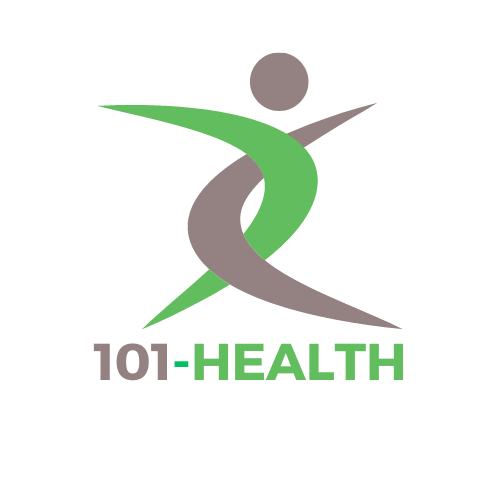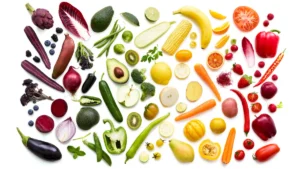Vitamins are essential nutrients that play vital roles in maintaining overall health and well-being. While a balanced diet should provide most of the vitamins your body needs, understanding the daily recommended intake of vitamins can help ensure you meet your nutritional requirements and support optimal health.
In this article, we’ll explore the recommended daily intake of vitamins, their functions, and sources to help you make informed choices about your diet and nutrition.
Vitamin Recommendations
The recommended daily intake of vitamins varies depending on factors such as age, sex, health status, and life stage.
Recommended dietary allowances (RDAs) and adequate intake (AI) levels are established by health authorities, such as the Institute of Medicine (IOM) in the United States or the European Food Safety Authority (EFSA) in Europe.
These recommendations serve as guidelines for ensuring adequate vitamin intake to prevent deficiencies and promote health.
Here’s a breakdown of the recommended daily intake of vitamins for adults:
- Vitamin A:
- RDA for men: 900 micrograms (mcg)
- RDA for women: 700 mcg
- Sources: Liver, sweet potatoes, carrots, spinach, kale, eggs, dairy products.
- Vitamin B1 (Thiamine):
- RDA for men: 1.2 milligrams (mg)
- RDA for women: 1.1 mg
- Sources: Whole grains, pork, nuts, seeds, legumes.
- Vitamin B2 (Riboflavin):
- RDA for men: 1.3 mg
- RDA for women: 1.1 mg
- Sources: Dairy products, lean meats, eggs, green leafy vegetables.
- Vitamin B3 (Niacin):
- RDA for men: 16 mg
- RDA for women: 14 mg
- Sources: Meat, poultry, fish, nuts, legumes.
- Vitamin B5 (Pantothenic Acid):
- AI for adults: 5 mg
- Sources: Meat, poultry, fish, whole grains, legumes.
- Vitamin B6 (Pyridoxine):
- RDA for men: 1.3-1.7 mg
- RDA for women: 1.3-1.5 mg
- Sources: Meat, fish, poultry, bananas, potatoes, nuts.
- Vitamin B7 (Biotin):
- AI for adults: 30 mcg
- Sources: Egg yolks, nuts, seeds, whole grains, avocados.
- Vitamin B9 (Folate):
- RDA for adults: 400 mcg (including pregnant women)
- Sources: Leafy greens, legumes, citrus fruits, fortified grains.
- Vitamin B12 (Cobalamin):
- RDA for adults: 2.4 mcg
- Sources: Meat, fish, poultry, dairy products, fortified foods.
- Vitamin C:
- RDA for men: 90 mg
- RDA for women: 75 mg
- Sources: Citrus fruits, strawberries, bell peppers, broccoli.
- Vitamin D:
- RDA for adults: 600-800 IU (15-20 mcg)
- Sources: Sunlight exposure, fatty fish, fortified foods.
- Vitamin E:
- RDA for adults: 15 mg
- Sources: Nuts, seeds, vegetable oils, green leafy vegetables.
- Vitamin K:
- AI for men: 120 mcg
- AI for women: 90 mcg
- Sources: Leafy greens, cruciferous vegetables, vegetable oils.
It’s important to note that these recommendations are general guidelines and may vary depending on individual factors such as age, gender, pregnancy, lactation, and health conditions. Consult with a healthcare professional or registered dietitian for personalized recommendations based on your specific needs.
Conclusion
Understanding the daily recommended intake of vitamins is essential for maintaining optimal health and preventing deficiencies.
By consuming a balanced diet that includes a variety of nutrient-rich foods, you can ensure you meet your vitamin needs and support overall health and well-being.
So, make it a priority to incorporate a diverse array of vitamins into your diet and enjoy the numerous health benefits they provide.






